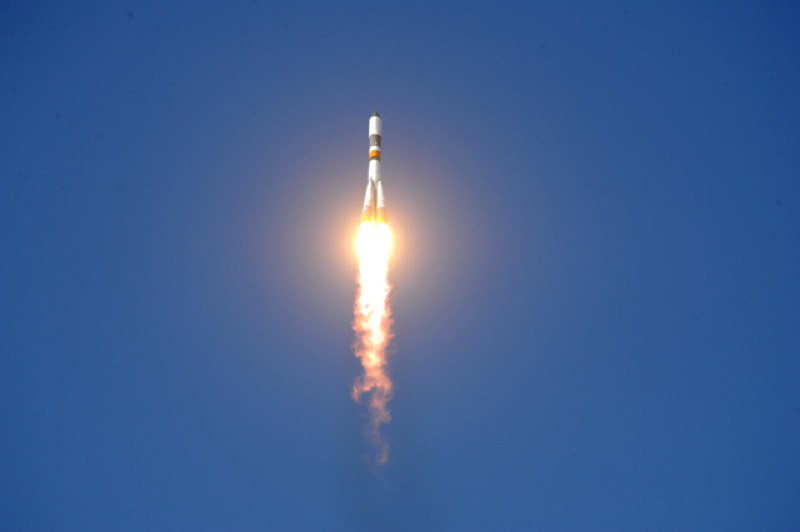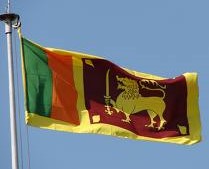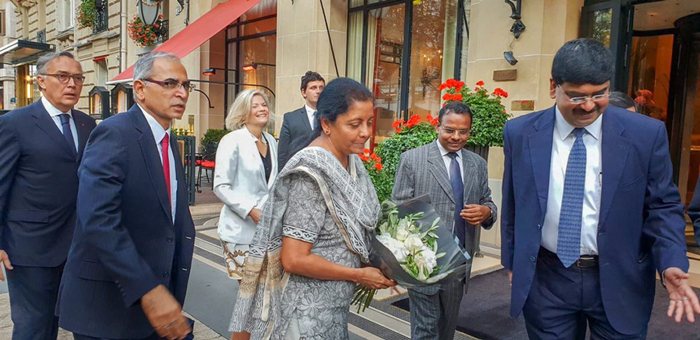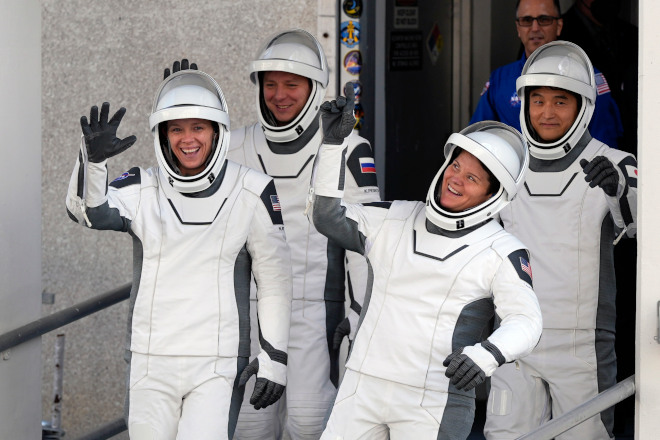
A Soyuz rocket during lift off in this file photo.
MOSCOW (AFP): The two-man crew of a Soyuz rocket made a successful emergency landing Thursday after an engine problem on lift-off to the International Space Station (ISS).
US astronaut Nick Hague and Russian cosmonaut Aleksey Ovchinin were rescued without injuries in Kazakhstan.
"The emergency rescue system worked, the vessel was able to land in Kazakhstan... the crew are alive," the Russian space agency Roscosmos said in a tweet.
The pair are in contact with ground control, the space agency said.
Over the past few years the Russian space industry has suffered a series of problems including the loss of a number of satellites and other spacecraft.
The rocket was launched was from the Baikonur cosmodrome in Kazakhstan at 0210 IST.
"The launch had a problem with the booster (rocket) a few seconds after the first stage separation and we can confirm now that the crew has started to go into ballistic descent mode," the voiceover on a NASA livestream from mission control in Houston said.
The NASA commentator later said the crew was in good condition and communicating with rescue workers after landing east of the Kazakh city of Zhezkazgan.
The descent was sharper than usual meaning the crew was subjected to a greater G-force, but they have been prepared for this scenario in training, the commentator said.
A source in the Russian space agency told AFP that rescue workers had reached the crew.
The Kremlin confirmed the men had survived. Russian presidential spokesman Dmitry Peskov told journalists: "Thank God the cosmonauts are alive".
Roscosmos's online stream of the launch cut out shortly after lift-off.
Former military pilots Ovchinin and Hague were set to join Alexander Gerst of the European Space Agency, NASA's Serena Aunon-Chancellor and Sergey Prokopyev of Roscosmos following a six-hour flight.
The International Space Station - a rare point of cooperation between Moscow and Washington - has been orbiting the Earth at roughly 28,000 kilometres per hour since 1998 and will mark its 20th birthday in November.
Hague was born in the same year the United States and the Soviet Union launched their first joint space mission, the Apollo-Soyuz, or Soyuz-Apollo mission in 1975.
Dmitry Rogozin, a firebrand nationalist politician who this year was appointed by President Vladimir Putin to head Roscosmos, said on Twitter he had ordered a state commission to probe the accident.
Rogozin was flying to the scene of the emergency landing, the space agency said.
 Previous Article
Previous Article Next Article
Next Article













The Indian Air Force, in its flight trials evaluation report submitted before the Defence Ministry l..
view articleAn insight into the Medium Multi-Role Combat Aircraft competition...
view articleSky enthusiasts can now spot the International Space Station (ISS) commanded by Indian-American astr..
view article